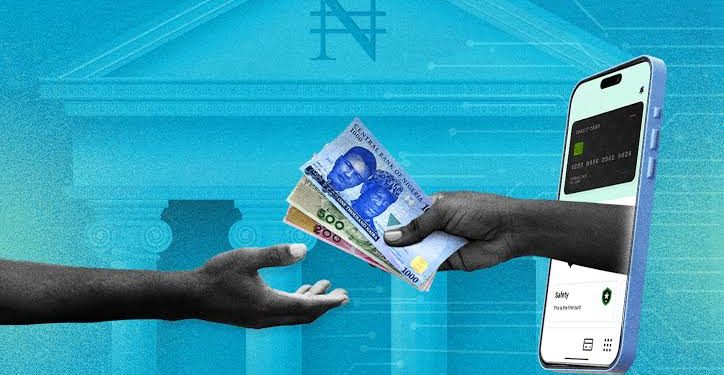Digital lenders in Nigeria now face fines of between ₦50 million and ₦100 million or 1% of their annual turnover for unethical practices and other breaches under new regulations from the Federal Competition and Consumer Protection Commission (FCCPC).
The Digital, Electronic, Online, or Non-Traditional Consumer Lending Regulations, 2025, released in July, aim to bring stronger oversight to Nigeria’s \$2.1 billion consumer lending market. The sector has long attracted controversy for aggressive debt recovery tactics, lack of transparency, and high interest rates. Even commercial banks have historically avoided this space due to high default risks.
The new rules build on the FCCPC’s 2022 framework designed to curb illegal operations and improve consumer protection. They also mirror a wider shift in African financial regulation, with the Central Bank of Kenya recently unveiling draft rules for non-deposit-taking credit providers.
Until now, penalties for misconduct in Nigeria’s digital lending industry such as harassing debtors and contacting their friends and family were largely reactive, involving app removals, operational shutdowns, and office raids. The FCCPC has now set clear, standard fines: individuals could be fined up to ₦50 million, while companies could pay up to ₦100 million or 1% of their turnover from the previous year, whichever is higher. Company directors risk up to five years of sanctions.
Beyond financial penalties, the new law introduces compulsory licensing, registration renewals, annual levies, and stricter customer protection rules. It applies to all lending businesses operating across state borders, whether fully digital or physical, including those in already regulated industries. Airtime lending, which helped MTN’s fintech arm earn ₦83.19 billion in the first half of 2025, will now fall under FCCPC oversight.
Only microfinance banks are exempt but they must still apply for a waiver. According to lending software provider Lendsqr, licence applications will cost ₦100,000, with approval fees for mobile money operators such as MTN MoMo and Airtel SmartCash set at ₦1 million or as determined by the FCCPC.
Existing lenders, 461 as of early August must pay ₦1 million for approval covering two apps, with extra apps costing ₦500,000 each. Ownership is capped at five apps per company. Licences will last three years, after which they must be renewed by 31 March of the following year. Annual levies of ₦500,000 will also apply.
Customer safety is at the heart of the regulation. Lenders must stop unsolicited marketing, be transparent about all charges, avoid approving loans borrowers cannot repay, and ensure advertising is not misleading. Interest rates will now be monitored to ensure they are fair and not exploitative.
Operators must also comply with the Nigerian Data Protection Act 2023, the Nigerian Communications Act 2003, and other relevant laws. They will be required to undergo audits, submit biannual reports, file annual returns, and provide records within 48 hours when requested. Companies already in operation have 90 days to meet these requirements.
Industry players have reacted cautiously. The Money Lenders Association welcomed the push for stability and consumer protection but warned that the added costs could affect service affordability and accessibility. Lendsqr’s founder described the rules as proof that digital lending has matured into a formal part of Nigeria’s financial system and will now be treated as such.










